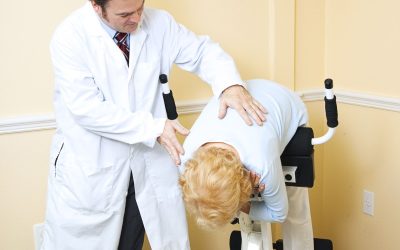When a child suffers from pediatric seizures, it’s important for parents to understand the condition and its treatment options. This article provides an overview of what you need to know if your child experiences pediatric seizures in NJ.
What Are Pediatric Seizures?
Pediatric seizures are neurological events in children that can cause physical symptoms, such as muscle jerks, convulsions, and changes in behavior. They are caused by sudden, abnormal electrical activity in the brain. Seizures can last for a few seconds or minutes and may happen once or multiple times.
Types of Pediatric Seizures
There are different types of pediatric seizures, including generalized onset tonic-clonic (grand mal) seizures, focal onset (partial) seizures, absence (petit mal) seizures, and myoclonic seizures. Each type of seizure has its own unique symptoms.
Causes of Pediatric Seizures
The causes of pediatric seizures vary depending on the type of seizure experienced. Causes may include genetic factors, traumatic brain injuries, fever, low blood sugar levels, infections, metabolic disorders, drug reactions or withdrawal, and exposure to toxins.
Treatment for Pediatric Seizures
Treatment for pediatric seizures in NJ is typically tailored to the individual child and the type of seizure experienced. Treatment options may include medications, lifestyle changes, diet modifications, surgery, and other therapies. Often, multiple treatment approaches are required for best results.
Ultimately, the best way to approach pediatric seizures in NJ is to work with a qualified pediatric neurologist who can provide a diagnosis and develop an individualized treatment plan. Get started today by contacting the Neurology Center for Epilepsy and Seizures today.



